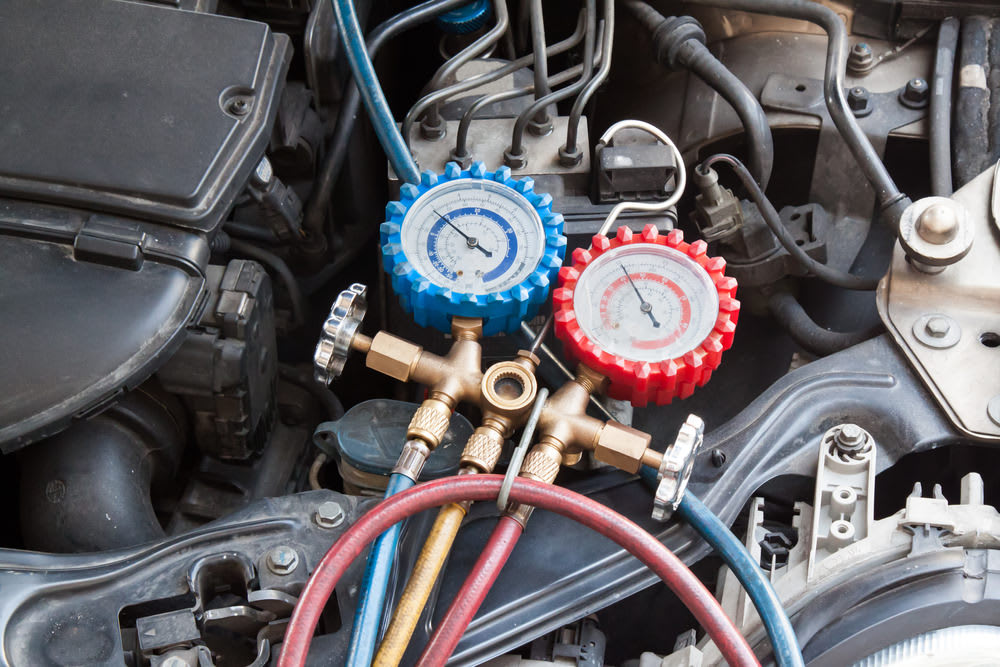

Most cars these days come with air conditioning as a standard feature – gone are the days when it was an expensive extra (for most of us, anyway). The HVAC system is an important accessory, and helps you stay cool in the car when it gets hot outside. However, the AC is powered by your engine – the serpentine belt that runs your alternator, water pump, power steering pump and other accessories also turns the pulley for the AC compressor/clutch.
How the air conditioning system affects the engine
Because the system is powered by your engine, it pulls energy from it during operation, which can have an effect on engine performance. You’ve likely noticed your car’s engine RPMs increasing at idle when the compressor kicks on. It does this to offset the power drawn by the air conditioning system.
As to the question of how much power it draws, there’s no one answer, as it depends on the make and model, the engine, the condition of the engine and the air conditioning system and much more. It also depends on your acceleration and the year (most cars manufactured after 2000 have a relay that shuts off air conditioning at WOT (wide open throttle)) to ensure ample power for the engine under hard acceleration.
You’ll also find that the power drawn from the engine has a more noticeable impact with smaller engines. If you drive a subcompact with a small four-cylinder engine, your engine will be much more affected during AC operation than a big block V8 engine, even if the amount of power drawn by the air conditioner is identical between the two cars.



